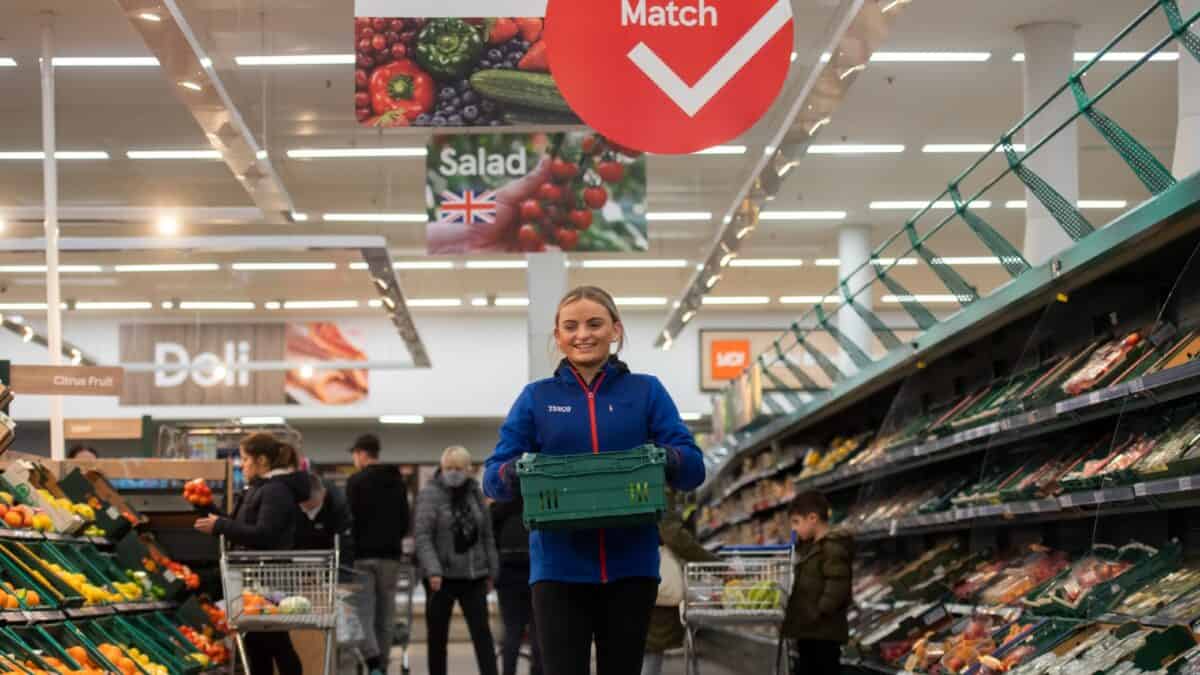As a whole, the FTSE 250 fell by around 5% in October. I think this means there are some interesting buying opportunities as we head into November.
One that stands out to me right now is Supermarket Income REIT (LSE:SUPR). I think the stock represents an unusually good opportunity for investors at the moment.
Overview
As the name implies, Supermarket Income REIT is a real estate investment trust (REIT) that focuses on supermarkets. The company’s portfolio consists of 55 outlets that are scattered around the country.
Please note that tax treatment depends on the individual circumstances of each client and may be subject to change in future. The content in this article is provided for information purposes only. It is not intended to be, neither does it constitute, any form of tax advice.
These are leased to tenants including Tesco, Sainsbury, Aldi, Waitrose, and Asda. The average lease has around 13 years to run.
Since the start of the year, the company’s share price has fallen by around 30%. As a result, the stock now comes with a dividend yield in excess of 8%.
The FTSE 250 has a lot of REITs with high dividend yields at the moment, though. So why is this one in particular catching my eye?
Net asset value
The company’s market cap is currently just under £900m and the value of its portfolio is £1.73bn. After factoring in debt, the stock trades at a 20% discount to the firm’s net asset value (NAV).
Normally, discounts to NAV don’t strike me as that important. If a company isn’t going to sell off its assets, then the fact it could turn a quick profit by doing so doesn’t seem relevant to me.
In this case, though, I think things might be different. Earlier this year, Supermarket Income sold 21 of its outlets to Sainsbury’s for a total of £431m.
Moreover, this is part of a broader trend among supermarkets looking to own their own properties. So there might be more to come.
If this is the case, then the discount to NAV might become relevant. Investors buying shares at today’s prices are essentially buying assets with a value £1 for 80p and this difference is realised by selling properties.
Risks and rewards
There’s a potential downside here that investors ought to be aware of. The trend towards supermarkets owning their own outlets is a significant headwind for future rental growth.
Ideally, a company like Supermarket Income would increase the size of its portfolio over time and collect more rent as a result. If the number of outlets decreases, this becomes much more difficult.
There are a couple of things I’d note here, though. The first is that, with an 8% dividend yield, I don’t think the business needs to grow much to provide investors with a good return going forward.
The second is that the company’s lease agreements typically have inflation uplifts built in. In other words, there should be some growth coming through even without further acquisitions.
A win-win for investors?
As I see it, investors might do well with Supermarket Income REIT shares in two ways. That’s why it’s the FTSE 250 stock I’d buy in November.
One is by receiving dividends from the company’s tenants. The other is by selling properties and realising the discount to NAV reflected in the current share price.
Investing always comes with risks. But in this case, I think the current share price puts the odds pretty firmly in my favour.








